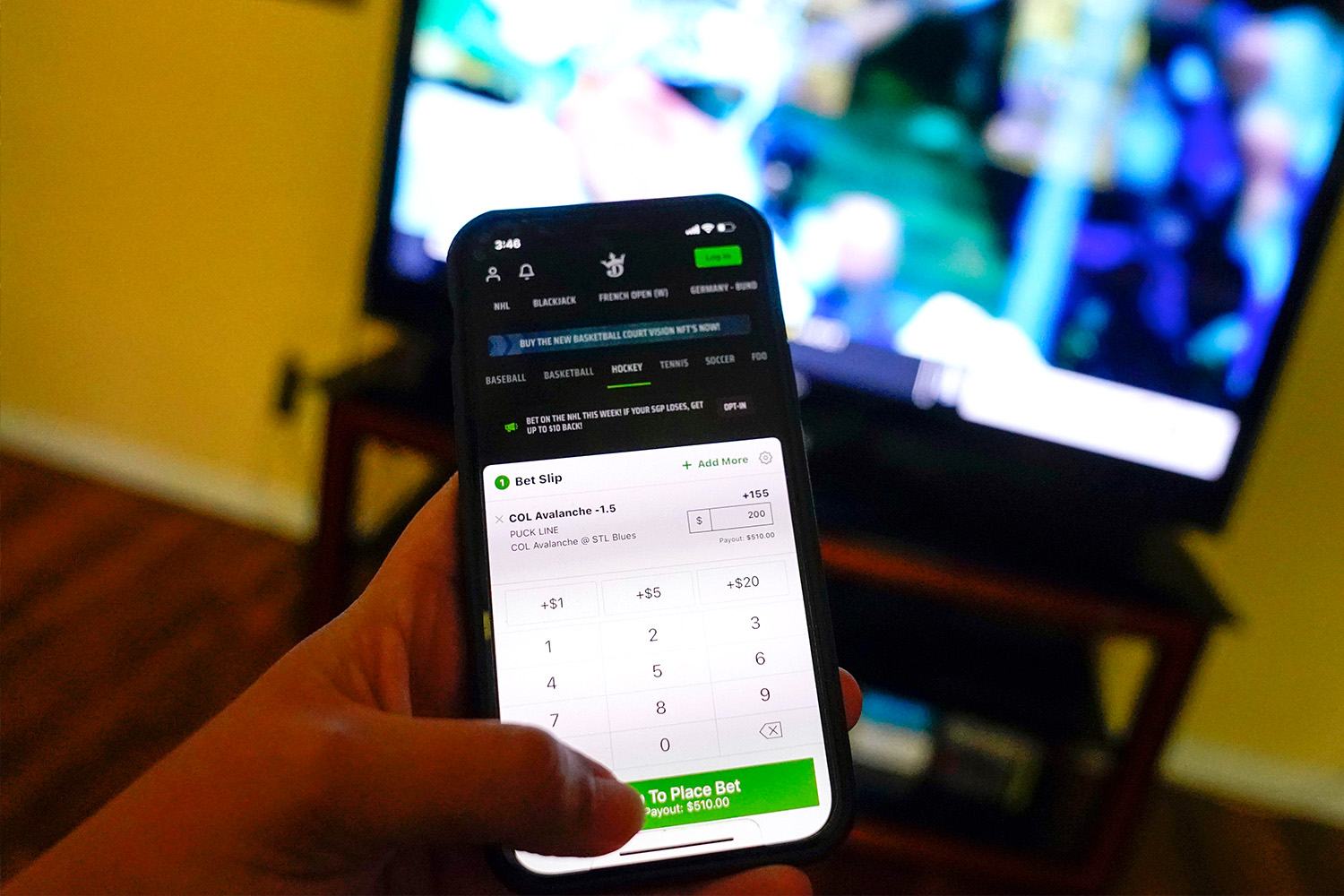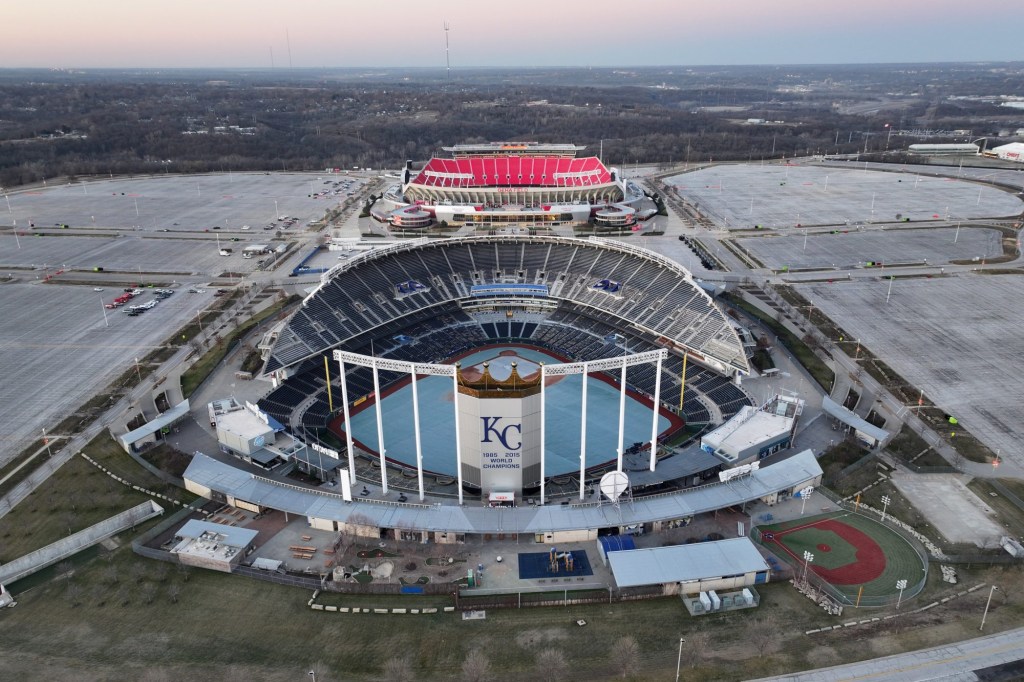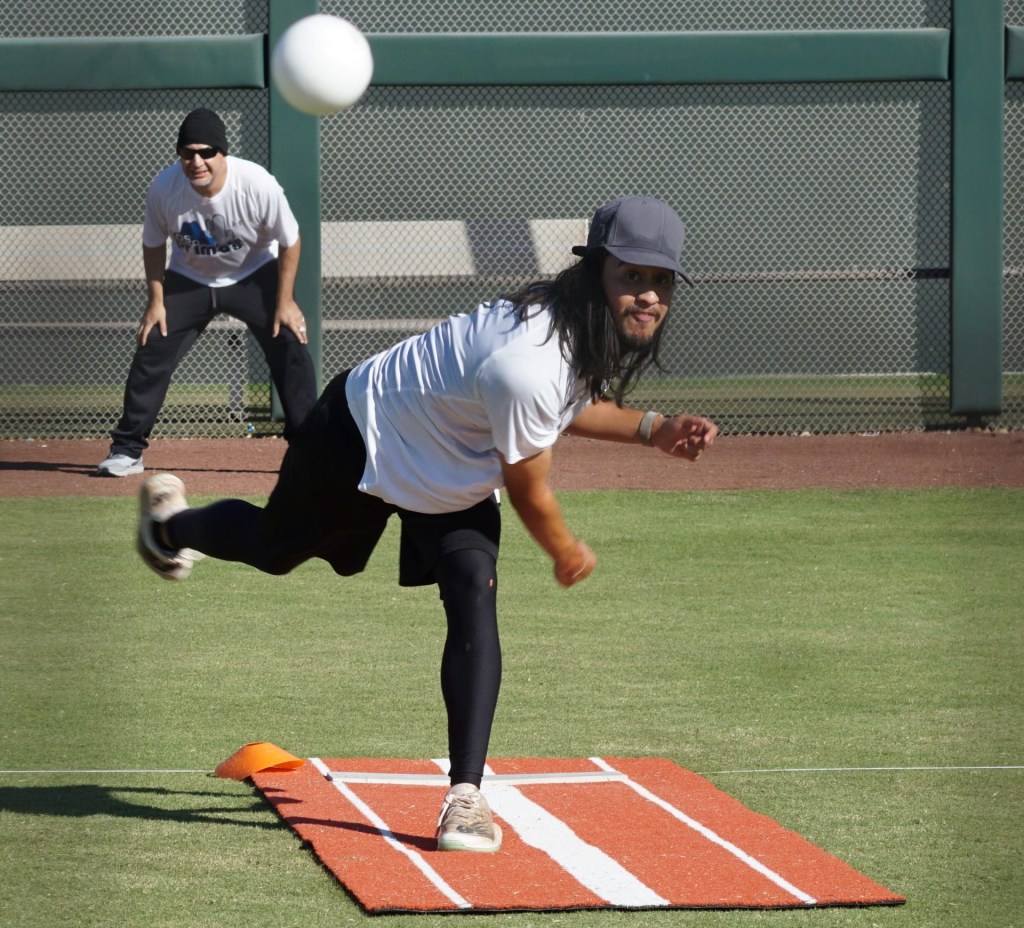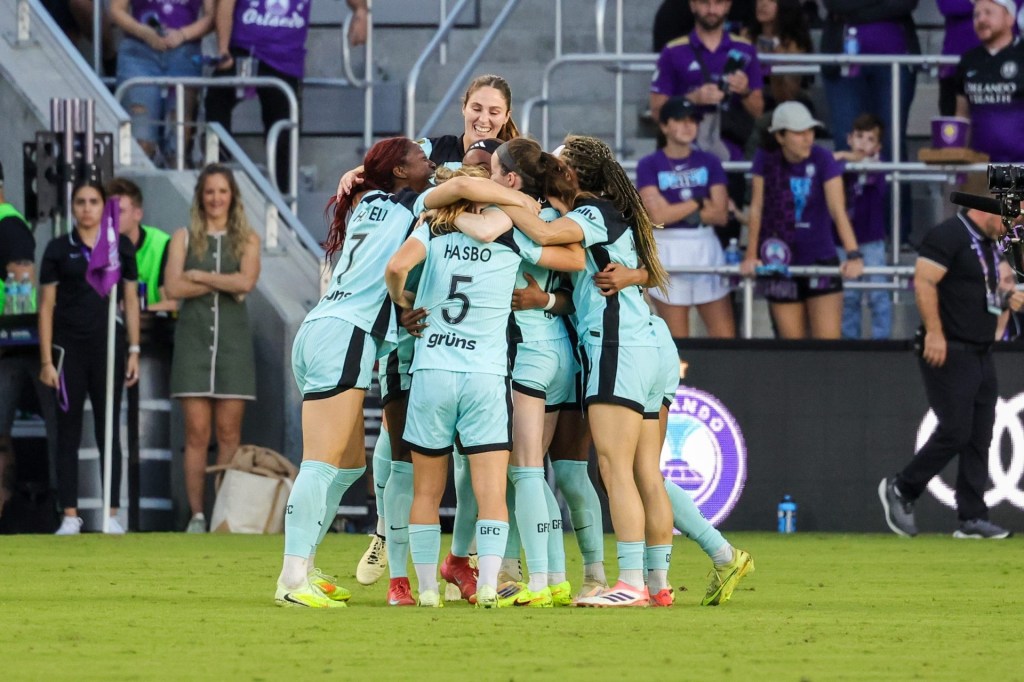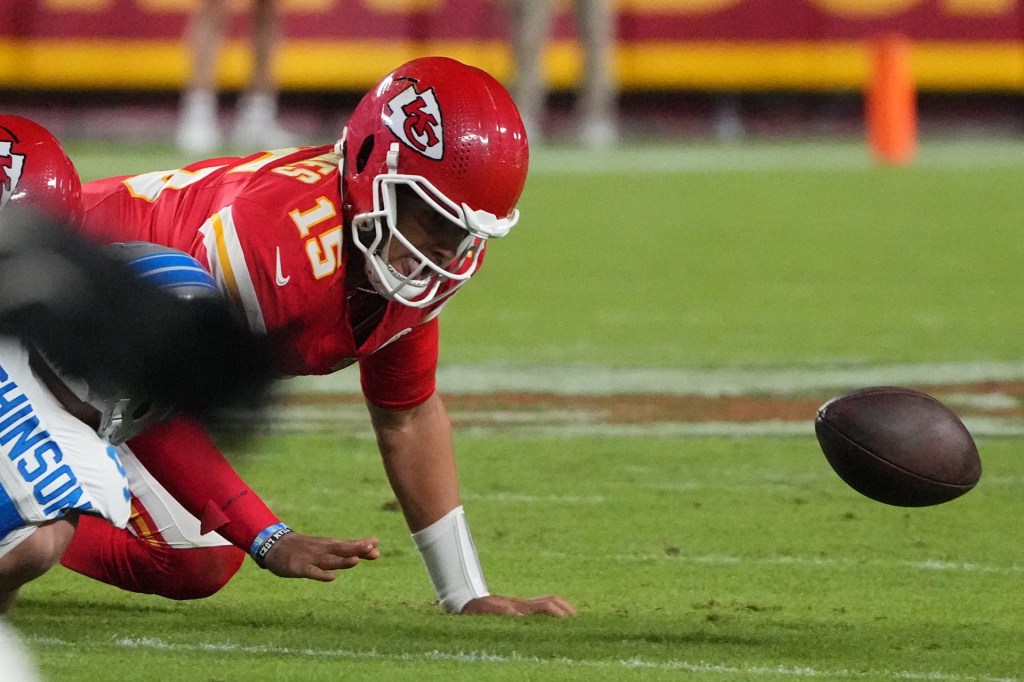The question of legalized sports betting in California has become the most expensive ballot fight in California’s history.
Two propositions on the November ballot, Proposition 26 and Proposition 27, offer competing visions of legalized sports betting. Each needs to surpass 50% to become law, and if they both do, the one that gets more votes will win out, though litigation is expected in that scenario.
- Between the two propositions, supporters and opponents have raised $364 million.
- Prop 26 allows sports betting only on tribal lands. Annual revenues to the state under this law would likely increase by tens of millions of dollars, per the California Legislative Analyst’s Office.
- Prop 27 would allow for mobile sports betting. Sportsbooks would be able to participate after paying $100 million for a five-year license (renewals cost $10 million) and partnering with a tribe.
- Annual state revenues under Prop 27 are estimated in the hundreds of millions of dollars, but likely no more than $500 million.
DraftKings, FanDuel, BetMGM, Wynn Resorts, and some tribes have thrown money behind Prop 27.
Political action committees have raised huge sums, including one supporting Prop 27 that raised $150 million. Another, which promotes Prop 26, raised $106.7 million.
Power Play
Tribal governments have shown their political sway in California, first by lobbying against legislative measures that would have legalized sports betting, then by helping to secure opposition to Prop 27.
The state Democratic and Republican parties found a rare moment of agreement, with each officially opposing Prop 27.
